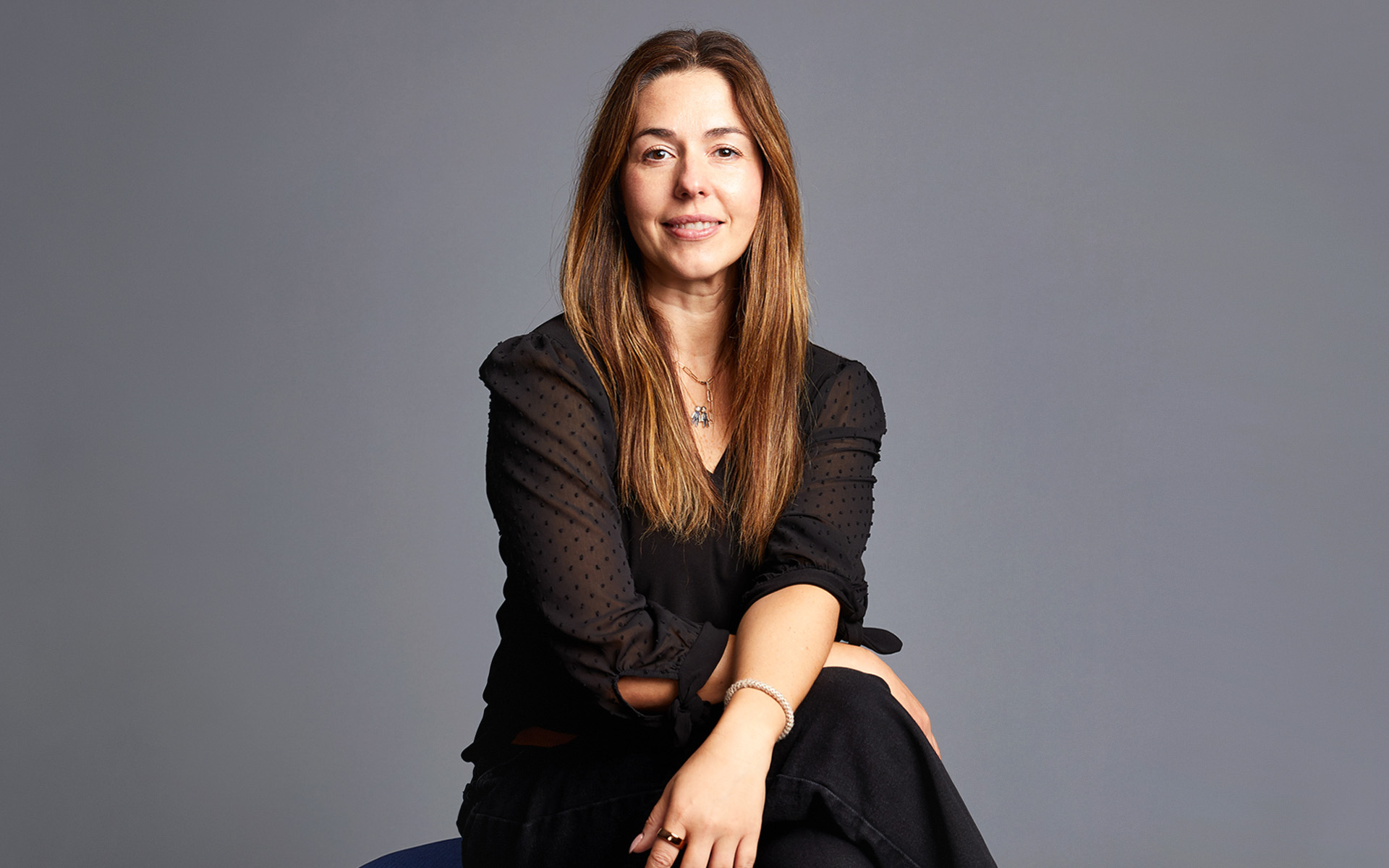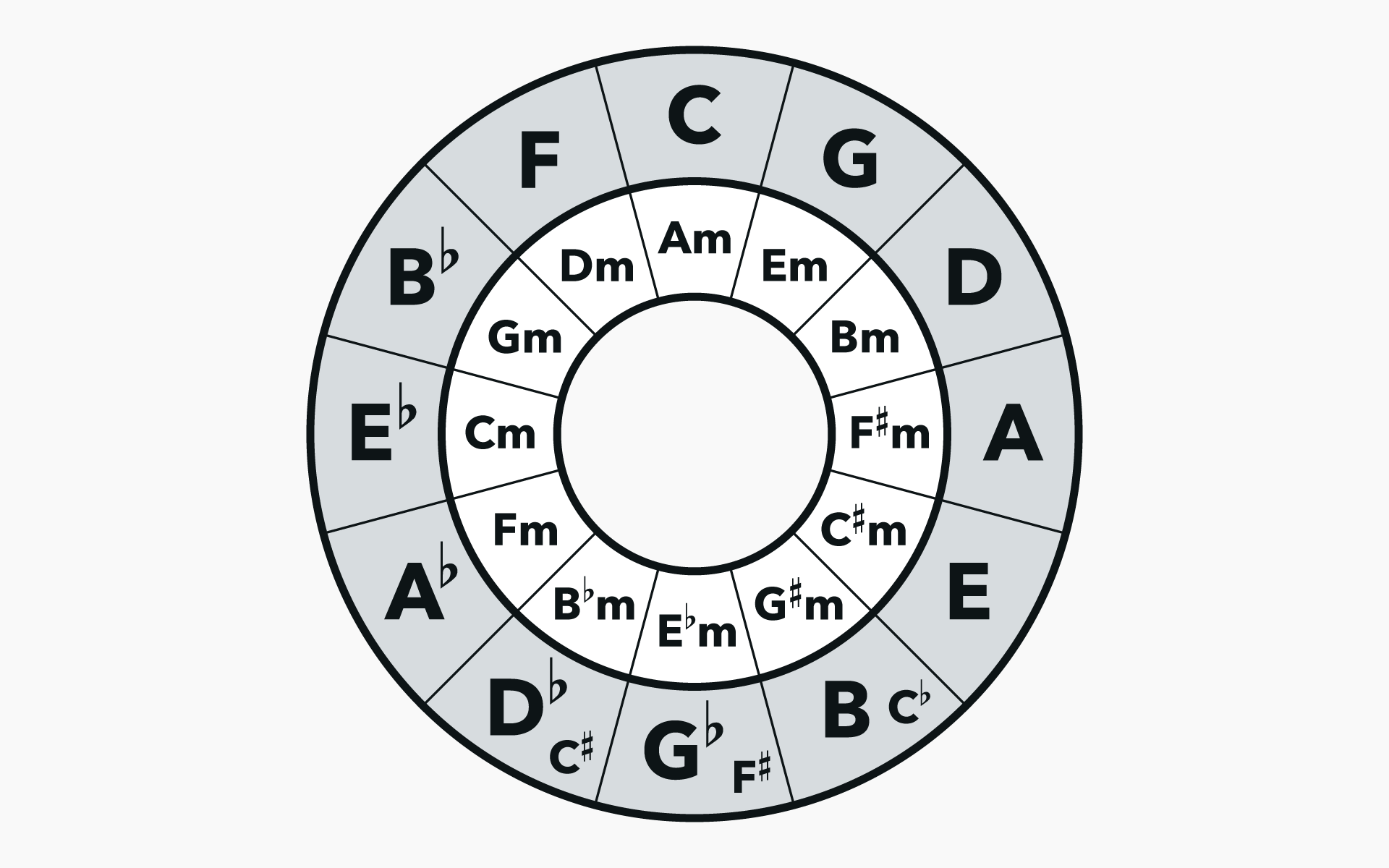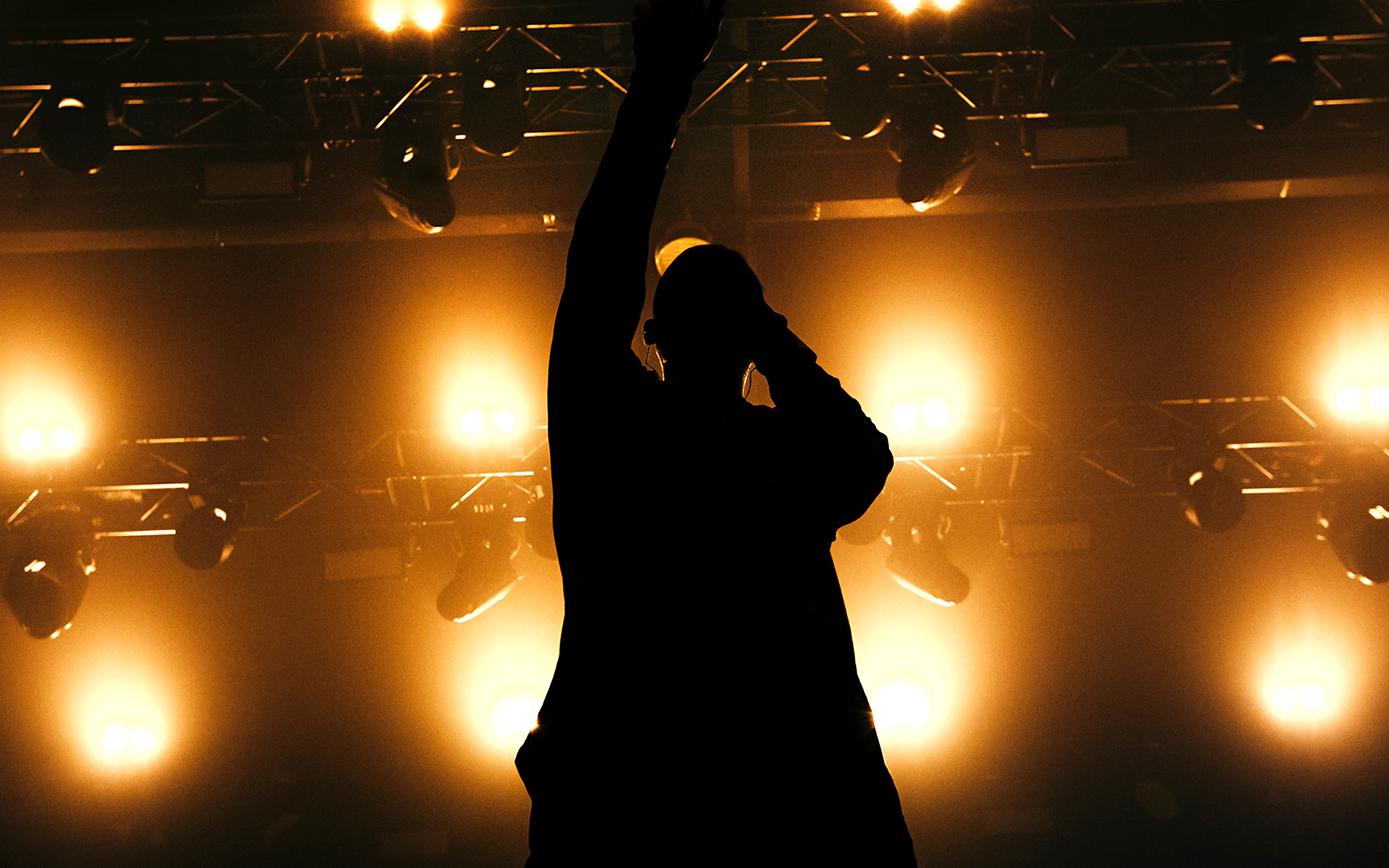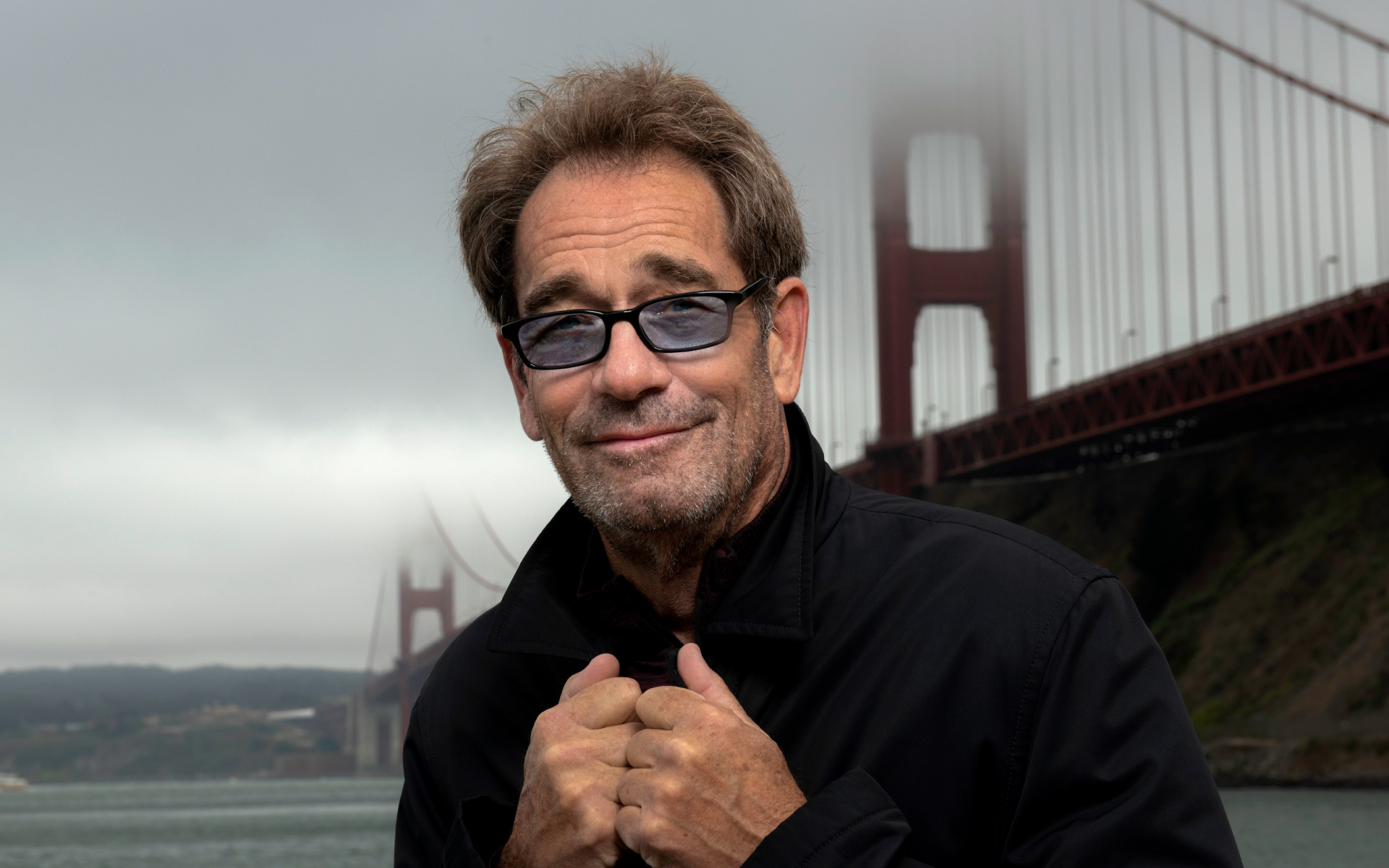Music is My Life: Episode 070
Bruce Hornsby on New Album and Having the Most Diverse Array of Collaborators Ever
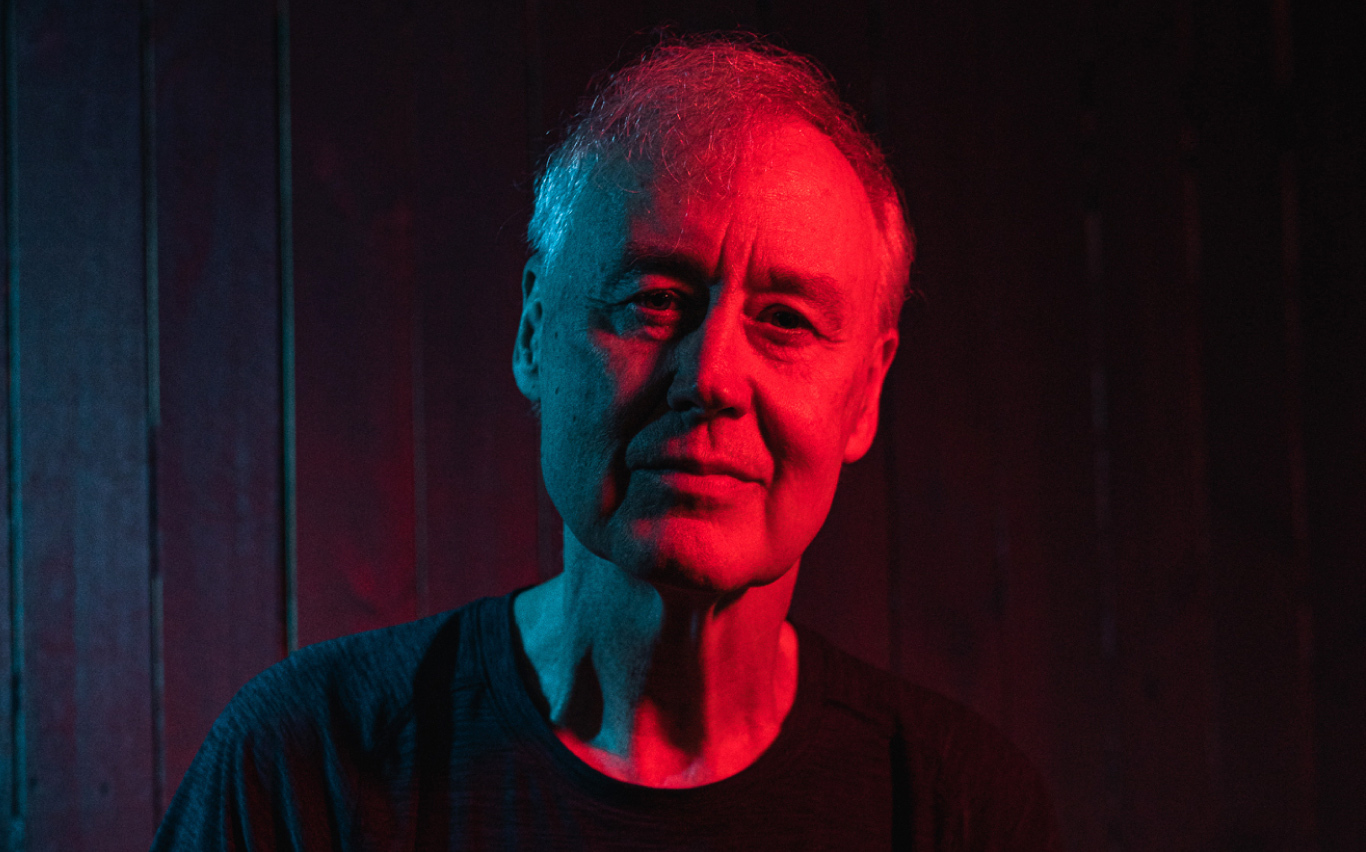
Bruce Hornsby, legendary pianist, singer, and songwriter, discusses his humble beginnings in a Grateful Dead cover band, his trials and triumphs in learning music in college, his almost-breakthrough with the Doobie Brothers, his mega breakthrough with “The Way It Is,” and his eventual full-circle moment, playing some 100+ shows with the Grateful Dead.
But that was just the beginning for Bruce Hornsby. Since his debut, he has experimented with nearly every type of music, and to great effect: He has won Grammys for Pop and Bluegrass, and been nominated for Country. His “you may also like” on streaming services is possibly the most diverse in all of music: Spotify recommends “This is Copland,” “Instrumental bluegrass,” and “2Pac Best Of.” Bruce Hornsby’s list of collaborators is just as diverse, enjoying long-term working relationships with Spike Lee and Ricky Skaggs.
He has also enjoyed an unexpected recent career resurgence, courtesy of his collaborations with members of Bon Iver, in particular Justin Vernon.
“He had me come out and play his Eaux Claires Music and Arts Festival, and it just turned me out, because this festival was so beautiful,” says Hornsby. “It just crushed me, I loved this thing so much! I had been brought into this world by Justin and found it so arresting and so inspiring, so these disparate connections turned into this recent music, where collaborations have run amok.”
The new Bruce Hornsby album, ‘Flicted, features some of these collaborations that have run amok, including Ezra Koenig of Vampire Weekend, Blake Mills, Danielle Haim, Rob Moose, and more. In this extensive interview, he discusses everything mentioned in this write-up, and more!
If you’re short on time, you can read some of the interview highlights in the transcript below:
Do you remember the first time you sat at the keyboard and felt a connection?
Bruce Hornsby: Well, there are two answers to that. The first time I sat at the keyboard was at age seven or eight. Purportedly, I asked my mom if I could take piano lessons. I only did this for about a year, maybe a year plus, before I just didn’t want to do it anymore. There was no real connection there. I took lessons in a funeral home, so you’d get to walk the long walk up to the third floor where the piano did reside. I would walk by caskets and embalming fluid. At age seven or eight, that was not something you really wanted to keep doing. So that was my first moment with the piano.
But it really struck me when I was 17. My older brother had gone away to prep school in New England. He was much less provincial than we were. We had the top 40 station and the soul station, and that’s what we heard, and that was great. But he came home and turned us on to all these interesting, lesser-known bands than the mainstream. I know it sounds crazy to think that Elton John was once that. But in this case, he was! The first song that really smacked me in the face in the best way was “Amoreena” from Tumbleweed Connection.
When you eventually sat at the keyboard again, did those lessons from 10 years back still remain or was it a fresh start?
Bruce Hornsby: I did have a little prior knowledge. My older brother Bobby Hornsby who turned me on to this music, he was the real musician of the family. I was more of a jock at the time. I had little bands, playing guitar: I was a guitar player then and I wrote my little songs in sixth grade when I was 12, 13 years old. But I wasn’t serious about it—I liked hoops more. But when I was in ninth grade he needed me to play keyboards on an old Farfisa organ in this soul band he was playing with down at Newport News, Virginia. So he taught me the basic chords, the basic triads. … I had a little bit of knowledge in that way and then just started picking it up by ear, and it always came fairly naturally and fairly easily to me.
Was that Bobby Hi-Test and the Octane Kids?
Bruce Hornsby: That’s right! It was my indoctrination into Grateful Dead music. Yeah, a few years later he was at UVA and he was in a total freak fraternity. They got thrown off campus for drug violations. They used to drop acid, paint their faces, and go play volleyball. They were lucky to hit one ball!
You first studied in Richmond, right? Were you as wild and experimental as your brother there?
Bruce Hornsby: No, not in that way. Even when I started playing 16 years later—imagine, I was Brucey Hornsby, playing Fender Rhodes and singing lead on Grateful Dead songs with the Octane Kids, and then fast-forward 16 years later and I start winging it with no rehearsal at Madison Square Garden with the Grateful Dead.
The guys who hung out in those old hippie days in Charlottesville, Virginia, they all came to the Garden. I get chills thinking about that because that was just obviously an amazing “paint yourself into the mural” moment, and it continued again for 20 months, about 100 shows. … But I told them, “If you guys dose me, I’m out.” Maybe I should have been dosed, maybe that would have been good for me. … But no, I never really embraced the Beta Theta Pi aesthetic. Because once I got into music, frankly I was so deeply involved.
Then after Richmond, you came to Berklee, but that wasn’t where you ended up …
Bruce Hornsby: Yeah, I was a bit of a school hopper as you’ve seen: three different colleges. Freshman year, Richmond, then I got into the accelerated program at Berklee, so I did freshman and sophomore year in two semesters at Ber-zerk-lee.
Then I took a semester off. Most of the people that you know of who left early to start their career, they were these sprung-from-Zeus figures like Keith Jarrett, for God’s sake. … playing with orchestras in their single digits, at age nine or something. I was the opposite. It was eight more years after age nine that I started this. So I was at Berklee, just trying to figure out what to do, and just trying to get the basics together. I lived real close to the New England Conservatory, close to Symphony Hall, so I decided that was my next move. Because I didn’t know anything! I was just flying by the seat of my pants and just going over here: “oh, this looks interesting,” or “how about this?” Because I was from Williamsburg, Virginia—not a musical Mecca—so I was just trying to figure it out on my own.
I made an audition tape to send to the New England Conservatory. I loved Chick Corea and I wrote him a letter, asking him about his music and he was so beautiful, he wrote me back—two times! I still have the letters. I’d asked him for some sheet music, so he sent me some. I tried to play some of his music, I tried to play this tune called “Straight Up and Down.” I don’t think I can really even play it well now. So I’m trying to play it then, after having been playing for two or three years, and so the tape was terrible. I sent it to the New England Conservatory: I had my little brother playing bass—he wasn’t serious about bass, he could do it okay—and this drummer we knew.
Anyway, it was a complete shit sandwich audition tape. The guy called me up, Phil Wilson was his name, an old Berklee trombone teacher, who now was the head of the jazz department at the New England Conservatory. He called me and said “Look, I can tell there’s something in there, so you’ve got something, but you’re not ready yet. You should try University of Miami.” Again, I’m like, “okay, I’m just taking the next suggestion and running with it.”
When did you get to the point in your career where you realized you could do whatever you wanted with your music? I remember reading an interview with you after Don Henley’s “The End of the Innocence” came out and you said, “this is the end of my playing like this,” or something to that effect, where you’d made a conscious stylistic choice there.
Bruce Hornsby:Well, yes, I’m restless. I’m always looking to move to a new place. I also felt that frankly, it’s a fickle world out there. You’re damned if you do it, damned if you don’t. Because if you have great success, do you choose the path of, “okay, well, now I’m pegged stylistically as this one thing and do I just continue to mine that?” We know great artists who have done that. Basically the records have stylistically sounded the same from first record to twentieth record. There are a whole lot of their original true fans who are still with them because those fans don’t want them to change. “Be the person that I like,” and I get that. But that’s not me. I thought I had done this piano and LinnDrum machine and a Juno or OBX synth, bass, one-man show stuff, enough.
The first few records of mine were with The Range, and then the next one is just [listed as] Bruce Hornsby and people would go, “Well, I really miss the old band sound.” Sometimes I would reply, “Well, it’s interesting you say that because what you’re referring to as ‘the old band sound’ is me playing along with a LinnDrum machine and it’s one-man show stuff.” With maybe somebody—David Mansfield, George Marinelli—playing a guitar or mandolin over it.
The one that says “Bruce Hornsby” (Harbor Lights) is actually three guys in a room, playing. Now, it’s a blurry picture. You can’t paint it all with one color because the last Range record was truly a band record too. That was the one where I thought, “okay, enough of the LinnDrum. The band plays this music way better than the records.” That’s what we did. There is that one Range record where you really hear the band. But there’s a really good German TV show called Rockpalast, and it’s still available if you dig deep on the internet. It’s a 1990 show, and Bruce Hornsby and the Range on Rockpalast played the gig with Living Colour, including my future dear friend Vernon Reid, who played on my last record, Non-Secure Connection, played on some stuff for Spike Lee and me.
I know you’ve been playing with a lot of younger artists recently, but have you always been up on new music?
Bruce Hornsby: I’ve always been interested. I’ve always tried to stay current, but I wasn’t really as knowledgeable about the indie world as I became once I started being in that world. Because you’re in this world and they’re talking about this guy and I’m the clueless clown in the corner going, “well, who are they talking about?” Then I’d go check it out. But I think I got a little more interested a little earlier on in 2012-2013.
I have this Google Alerts app, it sends me an email every day or so when you’re shouted out in something. … So I started getting rained on with all of these Google Alerts about this band Bon Iver, and Justin Vernon shouting me out as an influence on his music, when he was coming up. He transcribed Pat Metheny’s solo on “Harbor Lights,” for instance. He was a total music nerd in the most beautiful way. … So I started listening to this. I think the first thing I heard was “Holocene,” and I just went, “wow, this is something really different and really moving and just great.”
… So Justin called me to do a duet with him. He and his pals have always liked my version of the great Garcia/Hunter song, “Black Muddy River” on our record, Here Come the Noisemakers, our first live record from 2000. So we did that [for the 2016 compilation, Day of the Dead]. I went to Eau Claire and we became friends and it just kept evolving, growing, evolving into a collaboration on the record Absolute Zero [from 2016].
What is it that gets you going with music and how after all these years are you still exploring new territory?
Bruce Hornsby: I think anyone can see that I’m deeply involved in what I do. I’m just always searching for the new, searching for something that gives me the chills or something that just gets me going in a different way. It’s not always about chills. I like funny songs too. So that’s a different way to try to move someone. So what keeps me going? Everything I’m saying, all the outside input I get from other musicians, the collaborative situation and the friendships that are made, that’s as important as anything. It’s been great fun and will continue to be, I think, and when it stops, fuck it, I’ll stop.

